Yemen okays UN access to abandoned fuel tanker near Hudaydah
Yemen has given the green light for a UN mission to inspect and repair a long-abandoned fuel tanker stranded near the port city of Hudaydah.
"An urgent maintenance agreement and a comprehensive evaluation of the Safer tanker was signed with the United Nations in order to avoid an environmental catastrophe," Mohammed Ali al-Houthi, a member of the Supreme Political Council of Yemen, said in a tweet late Wednesday.
Yemeni media also quoted sources from Yemen's Ansarullah movement as saying that a message had been sent to the United Nations welcoming the experts who would conduct the "urgent evaluation and maintenance".
The officials are “currently waiting for a letter from the United Nations to inform the date of the arrival of the team of experts, after they have been granted the necessary visas to enter Yemen, and to start implementing the work assigned to them alongside the national technical team," it said.
"We hope that the United Nations will accelerate the implementation of the steps according to the agreement, and send the team of experts to carry out their duties quickly."
The UN said earlier this week that the operation could begin by late January or early February, depending on when it could obtain the necessary equipment.
The UN in recent months has been attempting to assess the "FSO Safer", which threatens to rupture in Yemen's north.
An earlier deal on access struck in July failed to materialize, but UN spokesman Stephane Dujarric said this week that the new accord was more formal and represented "an important step forward in this critical work".
The 45-year-old vessel, abandoned near the western port of Hudaydah since 2015, has 1.1 million barrels of crude on board, and a rupture or explosion would have disastrous environmental and humanitarian consequences.
Greenpeace spokesman Ahmed El Droubi welcomed the development but said it was "long overdue".
"Every day that the Safer is left unattended brings us another day closer to a humanitarian and environmental catastrophe that will further deepen the current tragedy in Yemen, and cause untold damage to the land, sea and air around the region," the spokesman said.
Ansarullah has already warned that the responsibility for a possible explosion of the oil tanker falls on Saudi Arabian aggressors and the United Nations.
In August, the movement’s spokesman Mohammed Abdul-Salam rejected claims by Saudi Arabia and United Nations that Yemeni forces prevented UN teams from visiting the stranded oil tanker.
He made the comments in reaction to a warning by a number of UN experts who said the ship may cause a humanitarian crisis or even a massive blast, blaming Ansarullah for the situation.
Abdul-Salam then stressed that the UN was in no position to talk about humanity after removing the Saudi-led coalition from its child-killer blacklist.
The Saudi-led coalition waging a brutal military campaign against Yemen is also reportedly seizing dozens of ships carrying food and oil supplies for the impoverished and war-ravaged Arab country.
The vessels, loaded with thousands of tons of oil derivatives and foodstuff, are stranded off the coast of Yemen.
The Yemeni Petroleum Company (YPC) has repeatedly condemned the piracy, stressing that Saudi Arabia has illegally impounded these ships since they all had acquired international permits beforehand and that what Riyadh is doing is in violation of the provisions of the International Convention on Human Rights.
The Saudi-led coalition’s blockade of Yemen is keeping out fuel and food needed for the Yemeni population in an attempt to exacerbate economic strains on them.
Saudi Arabia and a number of its regional allies launched the devastating war on Yemen in March 2015 in order to bring former president Abd Rabbuh Mansur Hadi back to power and crush the popular Houthi Ansarullah movement.
The US-based Armed Conflict Location and Event Data Project (ACLED), a nonprofit conflict-research organization, estimates that the war has claimed more than 100,000 lives over the past five years.
More than half of Yemen’s hospitals and clinics have been destroyed or closed during the war by the Saudi-led coalition, which is supported militarily by the UK, the US and other Western nations.
At least 80 percent of the 28 million-strong population is also reliant on aid to survive in what the United Nations has called the world’s worst humanitarian crisis.
Yemeni FM: Israel’s sponsors accountable for ongoing aggression on Sana’a
Eight Palestinians killed as Israel attacks Gaza school, hospitals
VIDEO | Rome, Milan host new protests in solidarity with Palestinians
Dec. 21: ‘Axis of Resistance’ operations against Israeli occupation
Spain jurists demand ties with Israel ties be cut
VIDEO | Press TV's news headlines
VIDEO | Iran honors top Science Olympiad medalists
VIDEO | Austrians arrested at Gaza protest in Vienna


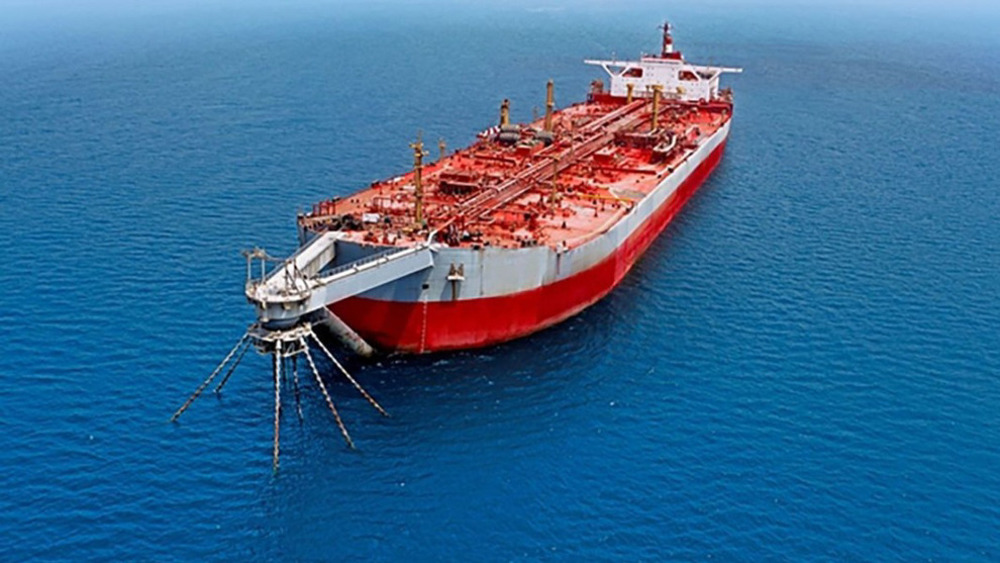



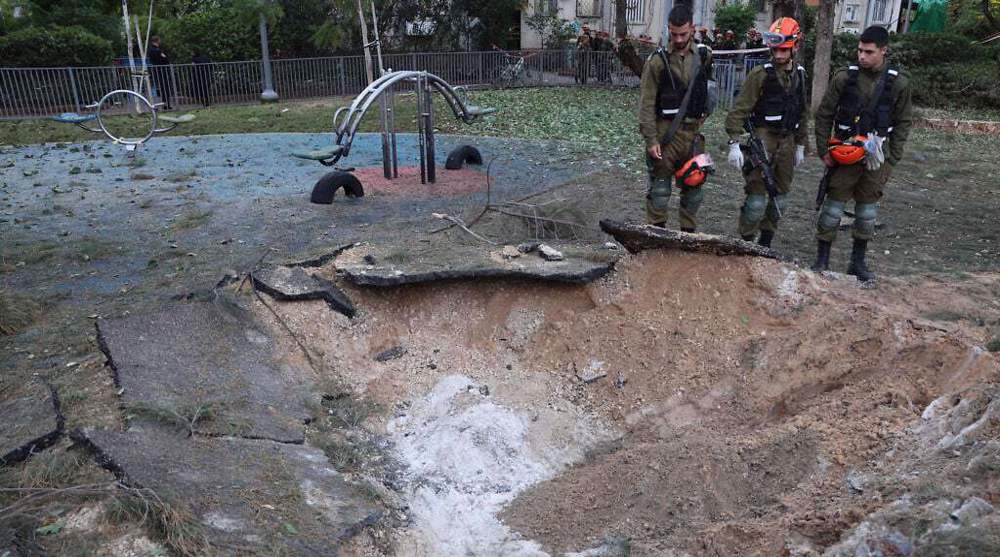
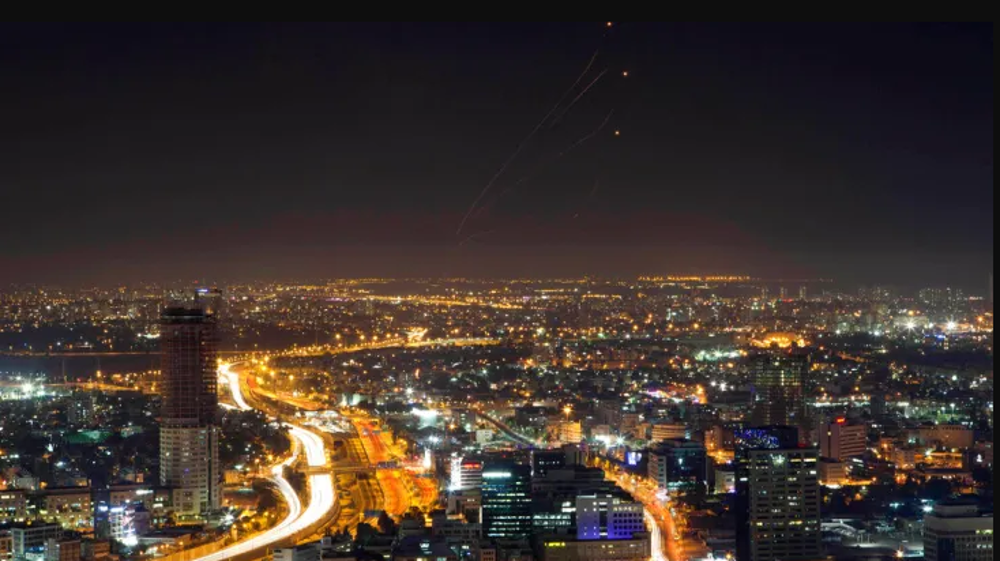
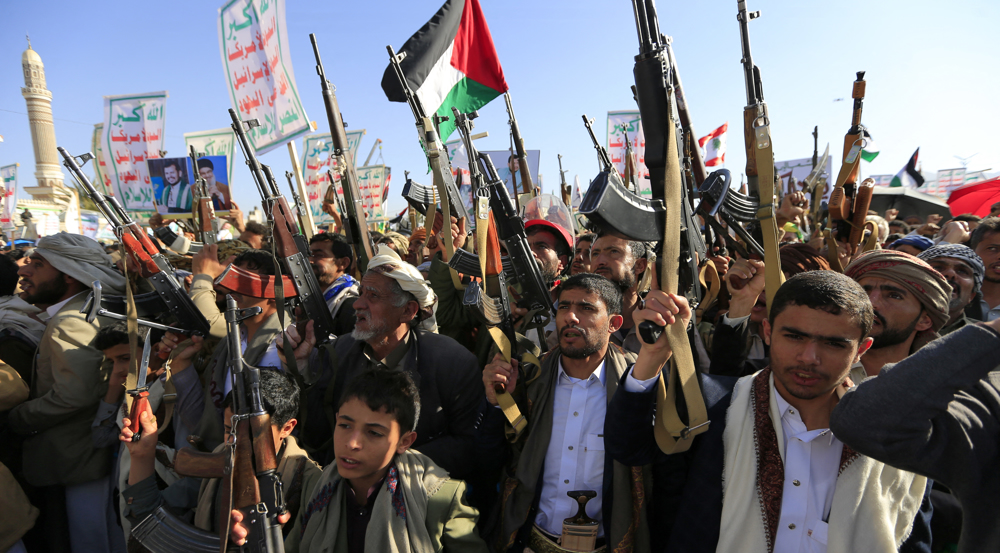



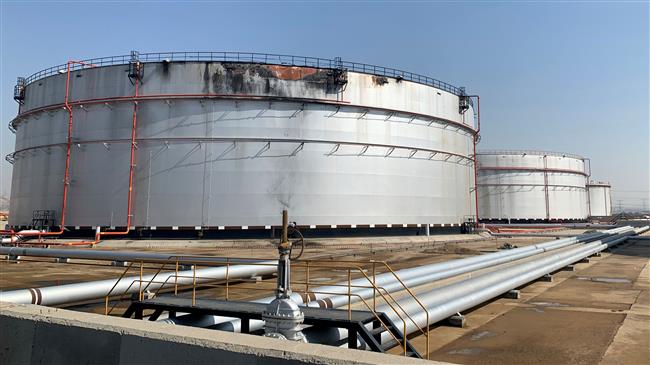
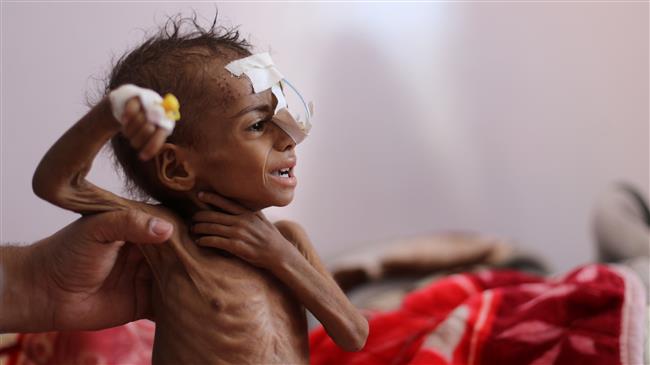
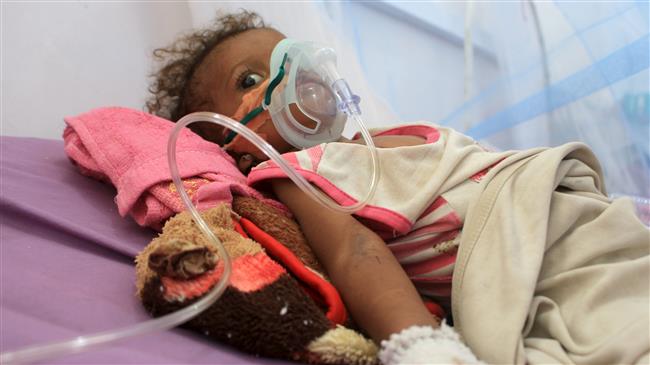
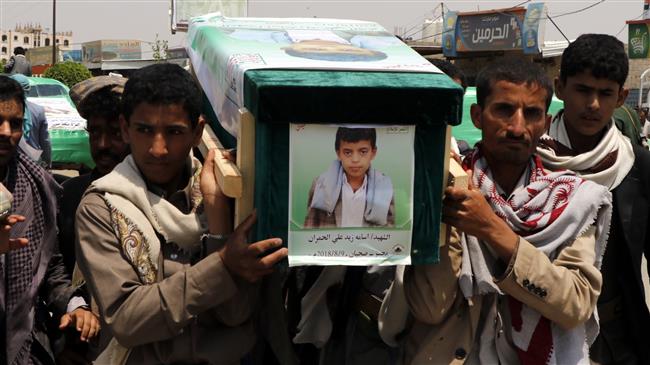
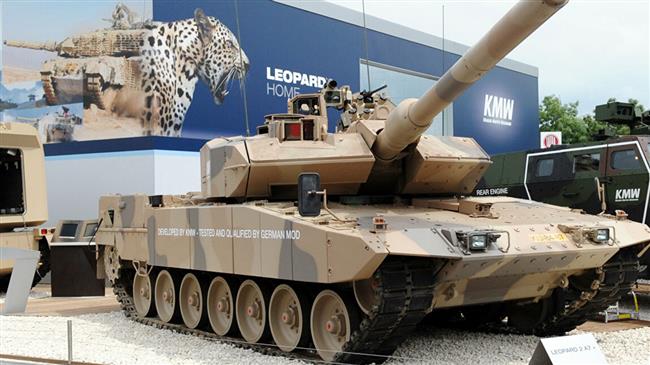
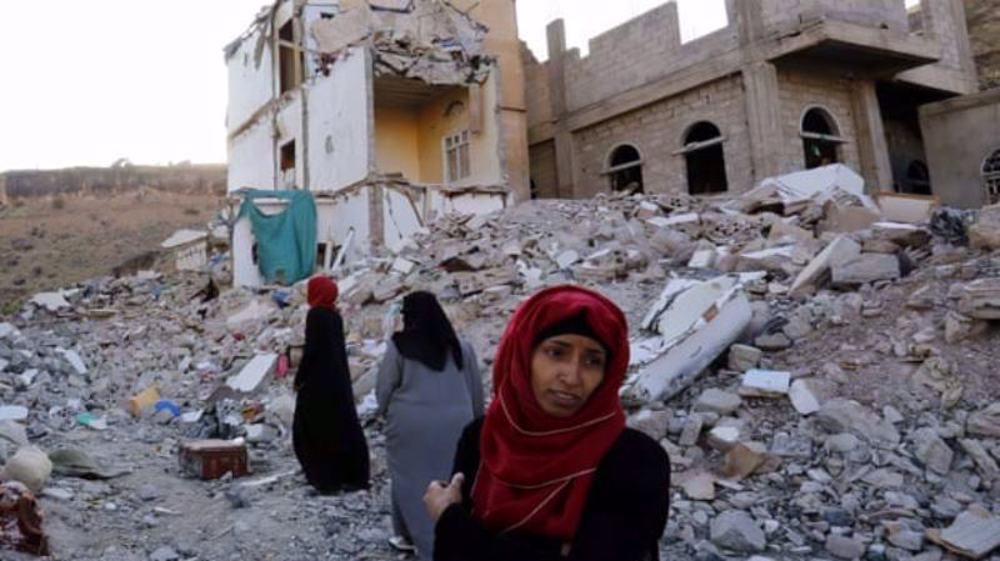

 This makes it easy to access the Press TV website
This makes it easy to access the Press TV website